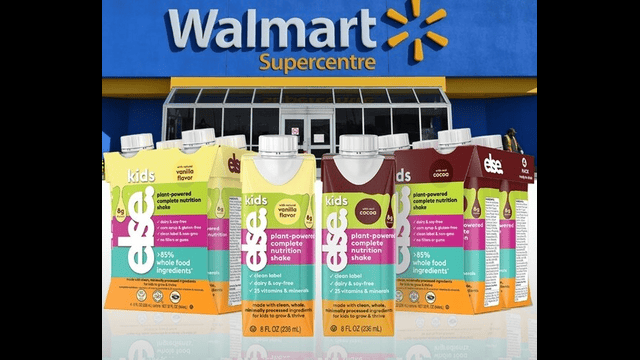
Explore how the COVID-19 pandemic shaped pet-owner dynamics and influenced the transformation of pet nutrition in Canada. (Big Country Raw)
The COVID-19 pandemic has not only reshaped the way we work but also deepened the bond between humans and their pets. With a shift towards remote and hybrid work, the companionship of pets has become even more integral. Urban demographics show a trend of having fewer children, making pets increasingly important for social and psychological well-being. Now, as we navigate beyond the worst of the pandemic, pet ownership has become a firmly established aspect of Canadian life, with over half of the population owning a dog or cat, collectively spending billions on their furry companions.
The connection between pet owners and their animals has evolved, commonly described as 'humanization,' 'personalization,' and 'premiumization.' This transformation is evident in the ongoing innovations in pet food formulations and ingredients. Globally, the concern for how domestic pets are nourished is growing, especially since pets and humans share a supply of farmed animal proteins.
In response to the changing landscape, there is a rising interest in finding healthier and more sustainable ways to feed pets. Notably, companies like Snuf in Canada are leading the charge by producing pet foods containing insect protein, chamomile, and ashwagandha. Other innovators, like California-based Noochies, use nutritional yeast as a primary ingredient in freeze-dried pet foods, mirroring the trend of human dietary preferences.
Pet owners are now seeking functional ingredients tailored to the unique needs of their pets based on age, breed, size, and specific health conditions. This includes ingredients addressing joint health, digestive health, and weight management. High-quality protein sources, such as lean meats and fish, are becoming prominent in pet food formulations. The demand for grain-free and limited ingredient lists is on the rise, driven by considerations for pet sensitivities and allergies.
Fresh, refrigerated, frozen, and raw pet foods are gaining popularity as alternatives to traditional dry and canned foods. Companies like Big Country Raw in Ontario offer a range of raw pet foods with a combination of meats, while Carna4 in Toronto provides synthetic-free, whole food nuggets for dogs. Additional ingredients like turmeric, CBD, and adaptogens are finding their way into pet food formulations, believed to provide anti-inflammatory and calming benefits.
Some pet owners are opting for homemade and DIY pet food, guided by veterinarians and pet nutritionists, to have better control over ingredients and quality. Transparency in the pet food supply chain is becoming crucial, leading to a demand for information on ingredient sourcing and production methods.
Companies like Tails.com are responding to this demand by offering personalized pet menus and applications for customization based on various factors such as age, breed, and health condition. This information is refined through online questionnaires and consultations with veterinarians and pet nutritionists.
The pet food landscape has seen a permanent shift towards customization, personalization, and conscious purchasing. Both legacy companies and newer firms are adapting to this change, offering high-quality, biologically appropriate, and ethically sourced pet foods. Canada, with its research centers like the University of Guelph and investment companies like Dane Creek Capital, is well-positioned to remain a leader in companion animal nutrition innovation.















